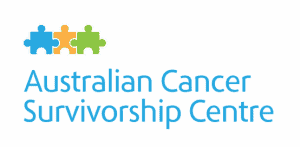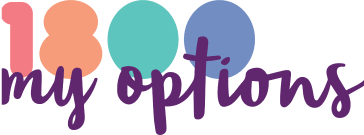What’s new – April 2022
Links to support, information and other items from the cancer sector.
- New webinar: Maintaining habits of healthy living
- Patient Advisory Committee – share your insights
- A COVID-19 prevention trial for cancer patients
- Encore – exercise program for women with breast cancer
- WEHI recruiting volunteers for their Buddy Program
- Cancer Experience Survey – how technology helped you
- Survey on new guidelines for POI/menopause after cancer treatment
- Research participants needed: service providers working with Vietnamese women
New webinar: Maintaining habits of healthy living
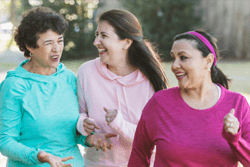
In this new Counterpart webinar, presenter Dr Amanda Horden discusses strategies to create all kinds of habits of healthy living, including exercise, to keep up motivation and manage any barriers you might experience.
Visit our webinar recordings page to watch informative webinars on a range of different topics relevent to women with cancer.
Patient Advisory Committee – share your insights
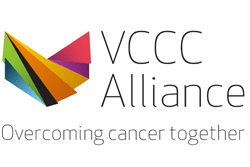
Have your say on the development of a new national project that will help shape the future of cancer research in Australia.
The VCCC Alliance are seeking applications from people who have experienced cancer to form a national Patient Advisory Committee (PAC). You’ll be part of a small committee formed initially to provide crucial input at a pivotal point in the development of a new national Patient-Partnered Cancer Research Program with international scope. Later (pending finalisation of project funding), the PAC will act as a key advisory body during project implementation.
They want to hear from people who are already active cancer consumer advocates. Equally, they are seeking perspectives from many areas of life and community – young adults with cancer, people just beginning treatment, the LGBTIQ+ community, migrant families, people with Health Care Cards, Aboriginal and Torres Strait Islander people, people from the bush and all over Australia.
Find out more about the Patient Advisory Committee
A COVID-19 prevention trial for cancer patients

Studies have shown that people with cancer are more likely to develop severe respiratory infections such as COVID-19 and the flu and need admission more often to the ICU than people without cancer. It is now recommended that immunosupressed people, such as those with cancer, receive a third booster shot of the COVID vaccine because they are particularly vulnerable to severe infection.
Researchers from Austin Health are investigating if a low dose of the drug Interferon-alpha (delivered as a daily nasal spray) can also help to prevent COVID-19 and other viral respiratory infections in cancer patients.
Anyone with a past or current cancer diagnosis is eligible. Download a brochure about the COVID-19 prevention trial for cancer patients or visit the C-SMART website.
Encore – exercise program for women with breast cancer
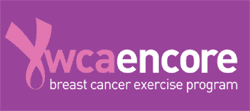
YWCA Australia’s ‘Encore’ is returning to Victoria with 3 programs starting soon. This free award-winning exercise program is for women who have experienced breast cancer or preventative mastectomy. It is an 8-week program of land and pool-based exercises, healthy lifestyle information, and support.
Download a brochure about Encore.
Encore has been operating in Australia for over 30 years and has helped thousands of women improve strength, mobility, and fitness after breast cancer treatment. In addition to physical benefits, the program is designed to increases social connections and many participants go on to form long-lasting friendships with women they meet during the program.
Box Hill Exercise Program: 3 May 2022 to 21 Jun 2022, every Tuesday from 6pm–8pm.
Ballarat Exercise Program: 5 May 2022 to 23 Jun 2022, every Thursday from 1pm–3pm.
Bayside/Kingston Exercise Program: 6 May 2022 to 24 Jun 2022, every Friday from 6:30pm–8:30pm.
For more information or to register, visit www.ywcaencore.org.au/programs
WEHI recruiting volunteers for their Buddy Program
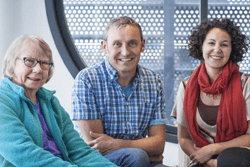
The Walter and Eliza Hall Institute of Medical Research are seeking volunteers to join their Consumer Buddy Program.
Volunteers in the program work directly with a researcher to assist them in communicating their science in plain language to the community.
Download a flyer about the Consumer Buddy Program.
Cancer Experience Survey – how technology helped you

Researchers at the University of Sydney want to know how technologies (websites, emails, text messages, apps) can help you during and after cancer treatment.
They are looking for people diagnosed with breast or ovarian cancer within the last 10 years to complete a survey with questions about the information you wished you knew during or after treatment, and preferred technologies to receive health information.
Download a flyer about the Cancer Experience Survey or go to the Sydney University website for more information or to complete the Cancer Experience Survey.
Survey on new guidelines for POI/menopause after cancer treatment
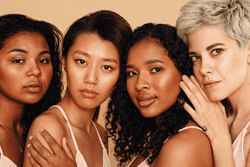
Women may develop premature menopause as a result of cancer treatment. If you have been diagnosed with POI (menopause or loss of ovarian function occurring before the age of 40 years), then you are invited to share your opinions in a survey.
This survey will inform the update of an international POI guideline. The survey will research the content, resources and tools for the new guideline.
Download a flyer about the International POI guideline update survey or go to the Monash University website for more information or to fill out the International POI guideline update survey.
Research participants needed: service providers working with Vietnamese women
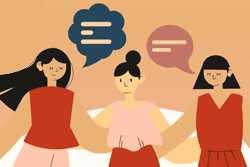
Service providers who have supported Vietnamese migrant women experiencing family violence in Australia are invited to take part in a research project. Participation will involve an interview exploring your professional experiences supporting Vietnamese migrant women who have navigated family violence.
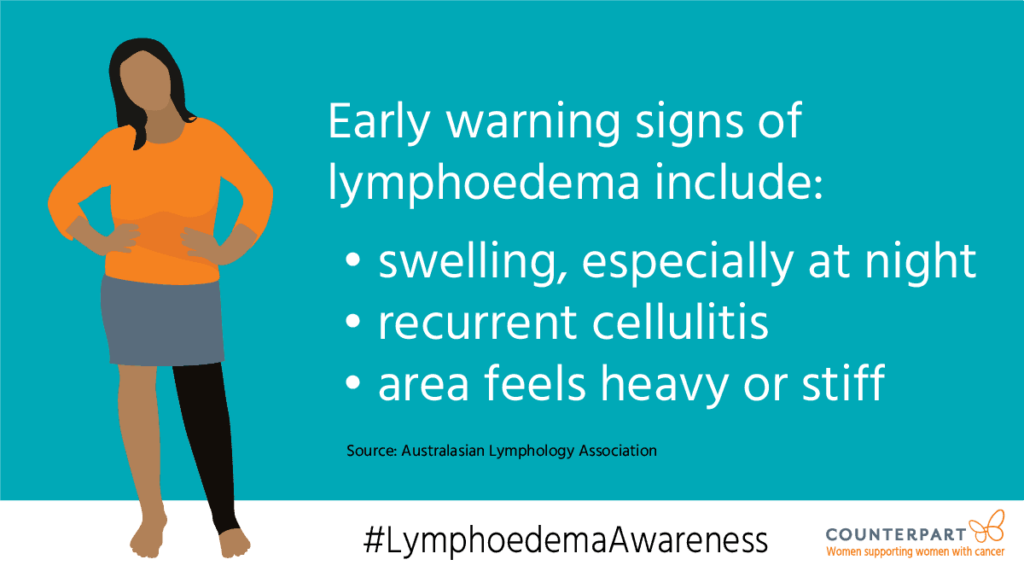
 We have published a number of new webinars which can be watched on our website. These include webinars held in recent weeks as well as ones held while our website was being updated in the second half of 2021.
We have published a number of new webinars which can be watched on our website. These include webinars held in recent weeks as well as ones held while our website was being updated in the second half of 2021. With many people in our communities catching Covid-19, Cancer Australia have put together information for people affected by cancer.
With many people in our communities catching Covid-19, Cancer Australia have put together information for people affected by cancer.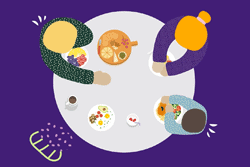

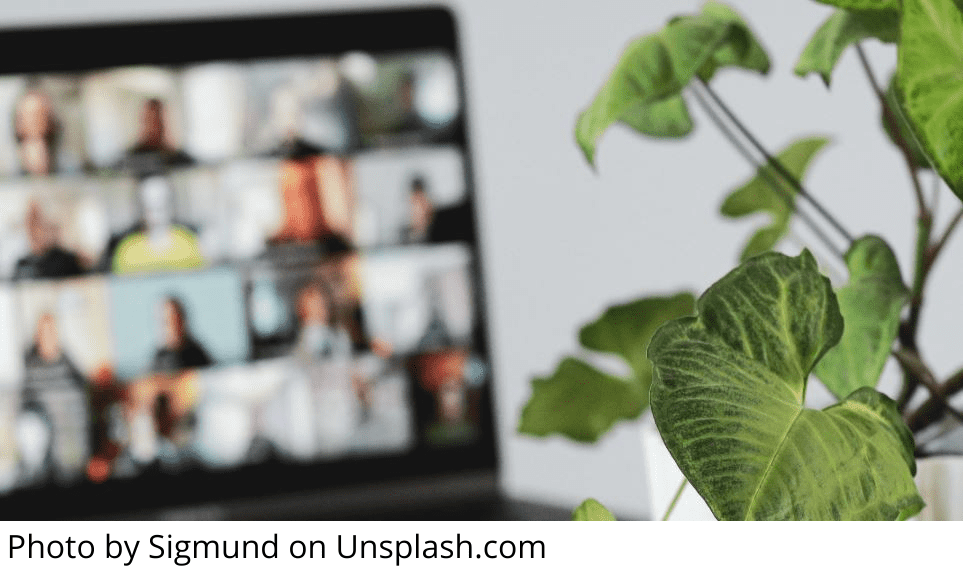 Are you a woman, transwoman or gender diverse person presumed female at birth aged 50 and over? Would you like to provide feedback to guide the design and content of a proposed new website about body image?
Are you a woman, transwoman or gender diverse person presumed female at birth aged 50 and over? Would you like to provide feedback to guide the design and content of a proposed new website about body image?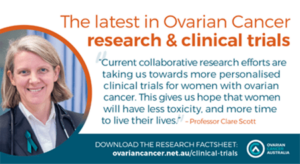 This Ovarian Cancer Awareness Month, Ovarian Cancer Australia have released a new factsheet with the latest in ovarian cancer research and clinical trials.
This Ovarian Cancer Awareness Month, Ovarian Cancer Australia have released a new factsheet with the latest in ovarian cancer research and clinical trials. Carers Couch have launched a brand new website making it easier for people caring for people affected by cancer to access support and information.
Carers Couch have launched a brand new website making it easier for people caring for people affected by cancer to access support and information. 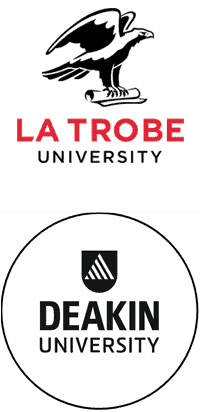 Researchers at La Trobe University and Deakin University are looking for women over 75 years to help them understand breast cancer screening motivations and behaviours of Australian women.
Researchers at La Trobe University and Deakin University are looking for women over 75 years to help them understand breast cancer screening motivations and behaviours of Australian women.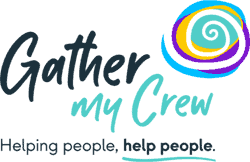 The Gather My Crew app is a tool to coordinate help from friends and family when you are ill.
The Gather My Crew app is a tool to coordinate help from friends and family when you are ill.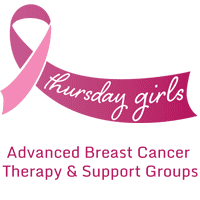 The Thursday Girls have extended their reach of the group to all women living with metastatic breast cancer in Victoria.
The Thursday Girls have extended their reach of the group to all women living with metastatic breast cancer in Victoria.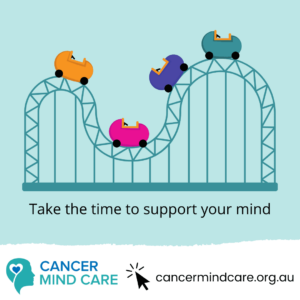


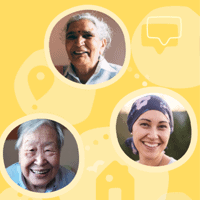
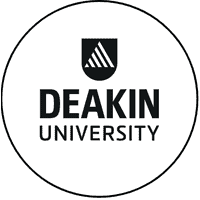 What is the study about?
What is the study about?